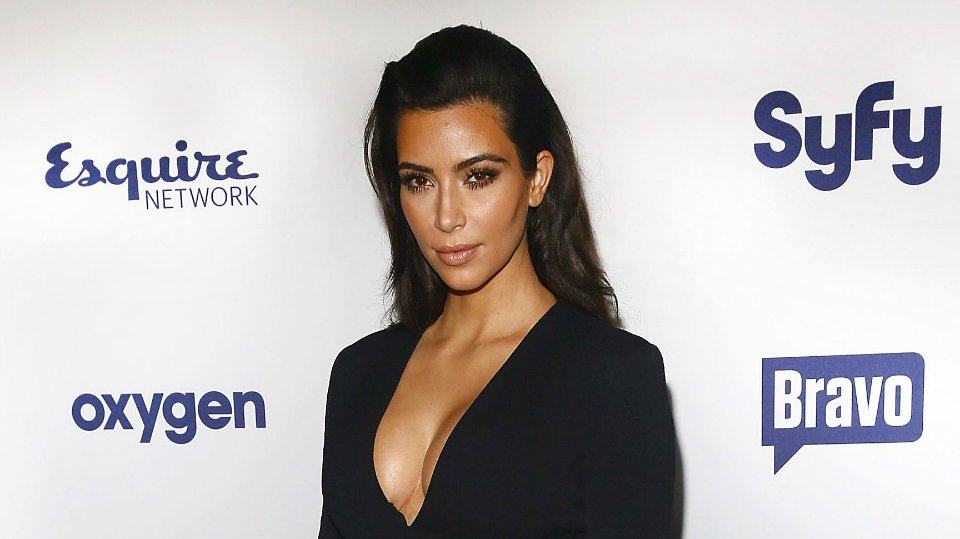Filtered By: Scitech
SciTech
The Kardashian Index: A scientific measure of unwarranted fame

If, despite having absolutely nothing to show for in the field of science, you somehow manage to get a formula named after you, it probably means you’re doing something right.
Or wrong, if you ask Neil Hall.
In a recent (and somewhat amusing) piece in the online journal Genome Biology, Hall, a professor from the University of Liverpool’s Centre for Genomic Research, presented what he called “the Kardashian index,” or “K-index.” Named after Kim Kardashian—a celebrity often described as “famous for being famous”—Hall defines the term as “a measure of discrepancy between a scientist’s social media profile and publication record based on the direct comparison of numbers of citations and Twitter followers.”
Kardashian has 22.4 million followers on Twitter, owns the world’s most-liked Instagram photo, and even became one of Google’s most-searched celebrities in recent years. Hall observed that Kardashian’s incredible level of fame came even without her achieving “anything consequential” in relevant aspects of culture such as politics, the sciences, or the arts.
Unfortunately, Hall is also seeing this trend in the scientific community.
“I am concerned that phenomena similar to that of Kim Kardashian may also exist in the scientific community,” wrote Hall. “I think it is possible that there are individuals who are famous for being famous (or, to put it in science jargon, renowned for being renowned). We are all aware that certain people are seemingly invited as keynote speakers, not because of their contributions to the published literature but because of who they are.”
This inspired Hall to come up with his own method for comparing a scientist’s overall performance and total followers on Twitter against the volume of his or her published work for the academe. After conducting a “randomish selection” of 40 scientists who had been active on Twitter, Hall took note of the number of Twitter followers per scientist (“celebrity,” represented by F(a)), as well as each scientist's published citations (“scientific value,” represented by F(c)).
Keeping up with Kardashian? Not a good idea
After getting the K-index (the ratio between F(a) and F(c)) for each scientist, Hall found that a high K-index may mean that a scientist may have achieved fame via an increased level of engagement in social media, despite not accomplishing much in the way of published work. On the other hand, a low K-index suggests that a scientist is meeting what Hall refers to as “key metrics of scientific value” through peer-reviewed papers, but not getting the recognition that he or she deserves.
Essentially, Hall’s efforts (done in the name of having “a bit of fun,” he clarified) point out that some scientists seem to be reaping the benefits of high social media engagement, regardless of their actual contributions to the scientific community. By “shouting louder” than others, these social media-savvy scientists are instantly perceived as thought leaders and subject matter experts, without the need for published work to back up their reputations.
Interestingly, the results of Hall’s undertaking brought another strange revelation to light: most of science’s “Kardashians” are actually men.
“My introduction highlights the fact that women have a history of being ignored by the scientific community,” wrote Hall, who mentioned paleontologist Mary Anning, mathematician Ada Lovelace, and biophysicist Rosalind Franklin as examples of “overlooked heroes” of science. According to Hall, only one woman in his sample had an “inflated” Twitter following, and 11 had fewer followers than he had anticipated.
While Hall admits that his analysis may be “flawed and (lacking in) scientific rigor,” he also notes that a positive trend in scientific value’s relationship with celebrity does seem to exist.
“In an age dominated by the cult of celebrity we, as scientists, need to protect ourselves from mindlessly lauding shallow popularity and take an informed and critical view of the value we place on the opinion of our peers,” said Hall.
“If your K-index gets above 5, then it’s time to get off Twitter and write those papers.” — TJD, GMA News
More Videos
Most Popular



